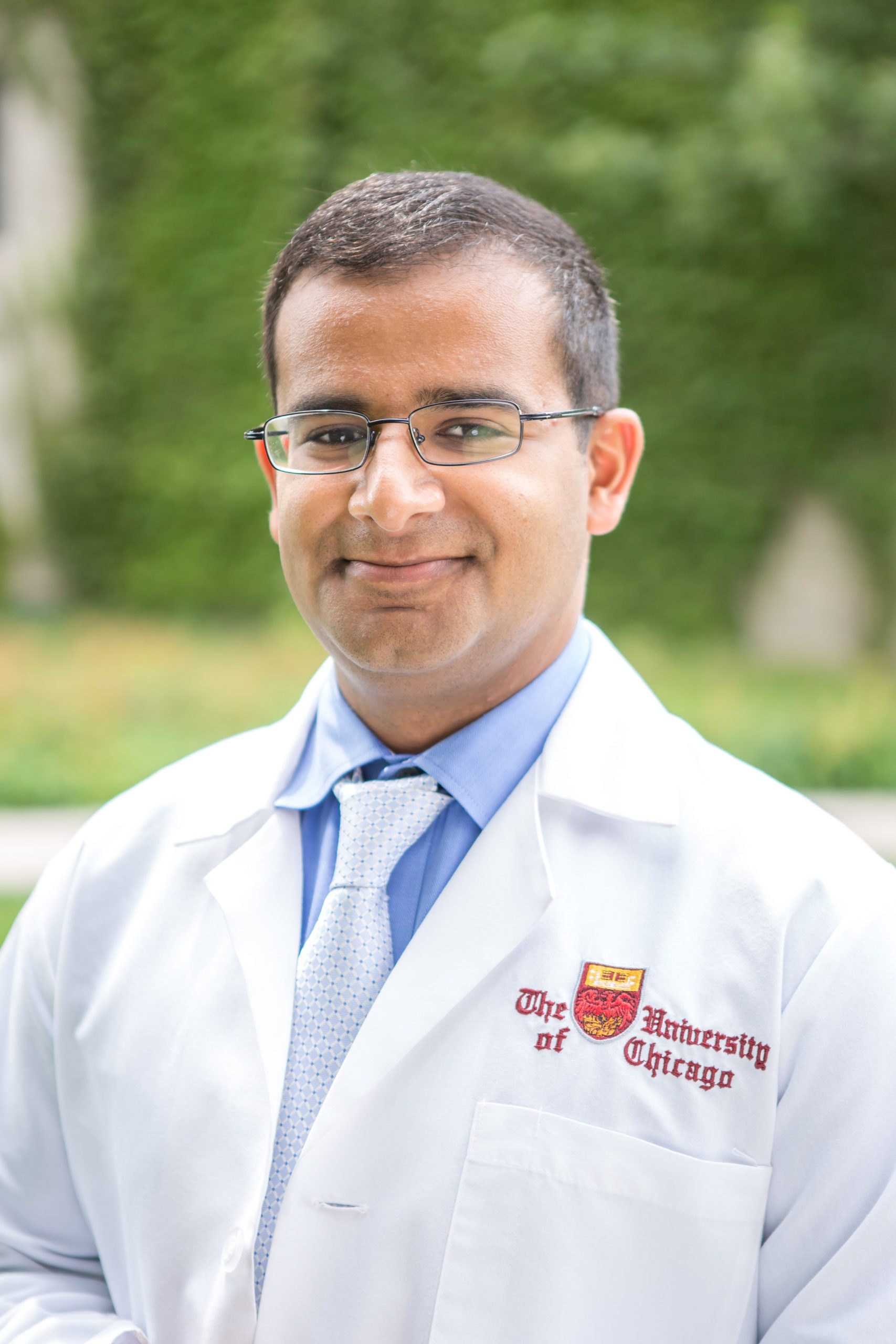Sacred Texts Say a Lot About Skin – Here’s Why Healthcare Providers Should Care
August 8, 2022

As a physician who once worked on the front lines during the early days of the pandemic, I routinely give thanks to God for how far the world has come.
Although COVID-19 remains an ongoing challenge, the advent of vaccines and therapeutics have helped save countless lives, and many patients now seek care for non-urgent conditions that was deferred during the past few years. While this occurs frequently in my specialty of dermatology, skin care should not be dismissed as somehow less important than other forms of healthcare. In fact, many physicians observe that patients are more diligent about their skin care compared to management of other chronic diseases, simply because their skin is highly noticeable to themselves and others. Since dermatologic conditions such as acne, psoriasis, and eczema often negatively impact self-esteem, many patients turn to their religious or spiritual traditions for comfort.
Skin disease has been intricately linked with religious traditions for thousands of years. The Abrahamic religions are filled with examples of spiritual leaders who helped cure a dermatologic issue or were afflicted with one. Perhaps the most well-known association of religion and skin disease is when Jesus (peace be upon him) miraculously healed the lepers (Luke 17:11-19). In modern parlance, “leper” is rarely used to describe someone suffering from leprosy, and instead usually connotates a derogatory term for someone ostracized by society. One lesson to learn from Jesus is that healers must accept and serve everyone, regardless of their visible (or invisible) ailments.
An example of a prophet who struggled with skin disease is the Prophet Ayyub (peace be upon him) – known as Job in the Bible. Although Ayyub developed painful boils throughout his entire body, he is considered an exemplar of patience because he did not lose his faith during this ordeal. His disease was so well-described that scientists named the genetic condition Job’s Syndrome (scientifically known as Hyper IgE Syndrome) after him.
Another example is the Prophet Moses (peace be upon him) had a mild speech impediment that was reportedly caused by a childhood burn of his tongue. In the Quran, Moses is shown to be an exemplar of humility, as he knows about his own limitations and asks God for help in carrying out his prophetic mission. Moses said, “My Lord, uplift my heart for me, and make my task easy, and remove the impediment from my tongue so people may understand my speech” (Quran 20:25-28). Many Muslims today still recite Moses’s prayer when preparing for an important public speaking event.
These religious examples can normalize skin disease, and help our patients realize that even prophets experienced struggles similar to what they are facing. In practice, while chaplains or spiritual leaders can provide this guidance, it is also important for physicians to have basic religious literacy in order to establish better rapport with spiritual or religious patients. In this way, medical centers can often serve as models for interfaith cooperation. A landmark survey of physicians showed that doctors were more religiously-diverse than the general public; therefore, physician teams can serve as organic places to teach each other about medically relevant religious practices.
As the only Muslim physician in my residency program, I have often provided teaching sessions about ways that dermatologists can be sensitive to the needs of Muslim patients; for example, offering same-gender physicians to conduct full-body skin examinations, suggesting medication dosing regimens compatible with Ramadan fasting, and normalizing benign skin findings such as prayer nodules, callus-like areas caused by repetitive rubbing or pressure. I have also worked with Sikh and Hindu physicians to discuss strategies for providing culturally sensitive care to South Asian patients in general, as research on this population tends to be underrepresented in the dermatologic literature.
While skin disease may not be frequently life-threatening, dermatologists feel called to improve patients’ emotional and spiritual well-being. I look forward to conversations with colleagues from dermatology as well as other specialties on the best methods of providing patient-centered and culturally sensitive healthcare.
Share
Related Articles
American Civic Life
American Civic Life
American Civic Life
Faith Based Efforts Work in Vaccine Uptake: Now Let’s Make it Easy

Aamir Hussain
A resident physician specializing in dermatology, Aamir Hussain holds an MD and Master of Arts in Public Policy from the University of Chicago. He is a practicing Muslim who has been involved with interfaith activism since his undergraduate studies at Georgetown University. Aamir served on the front lines of the New York City coronavirus pandemic in March 2020. Aamir has been awarded several interfaith leadership grants to mentor students from underrepresented backgrounds in medicine. His interests are in medical education, health policy, and in the intersections between spirituality and healthcare. He currently practices dermatology in the DC Metro Area.
Become an Emerging Leader
The Emerging Leaders Network inspires, equips, and connects interfaith leaders to build on our nation’s key strength of religious diversity.
The Emerging Leaders Network inspires me to carry out projects I’d only dreamed of. We learn from and inspire each other.
— MELANIE YOUNG, FOUNDER OF INFINITE MINDS TUTORING



